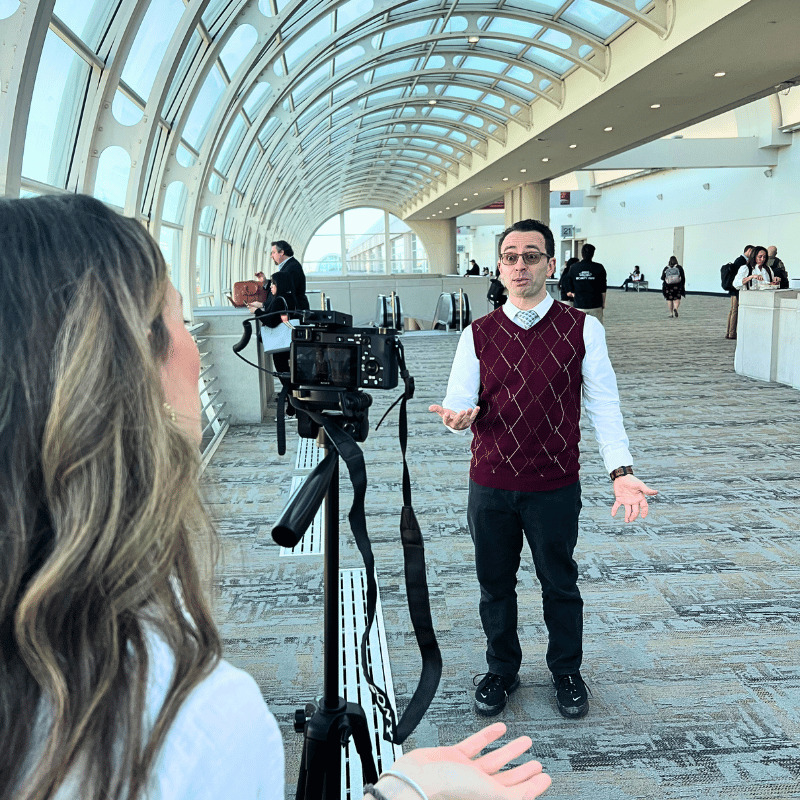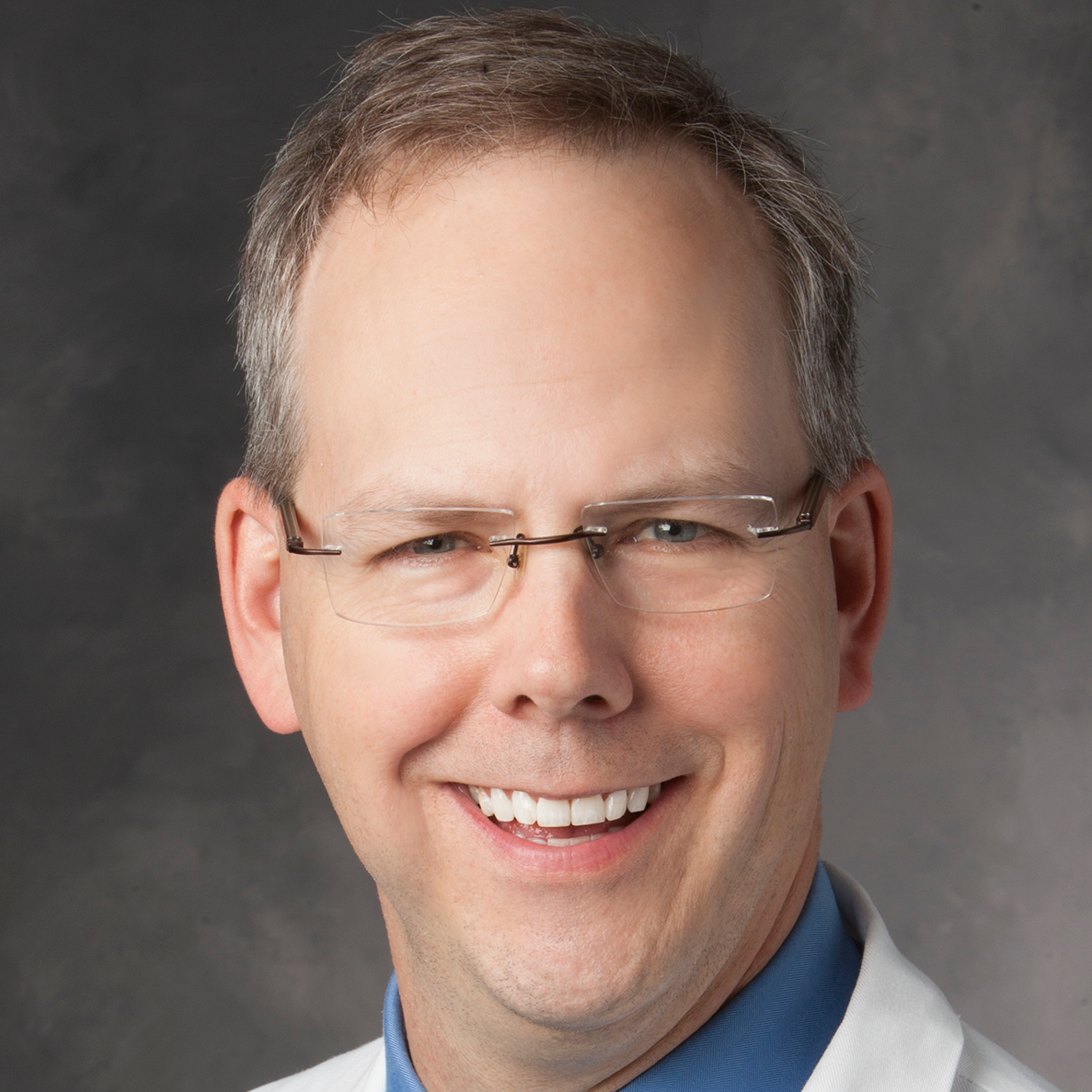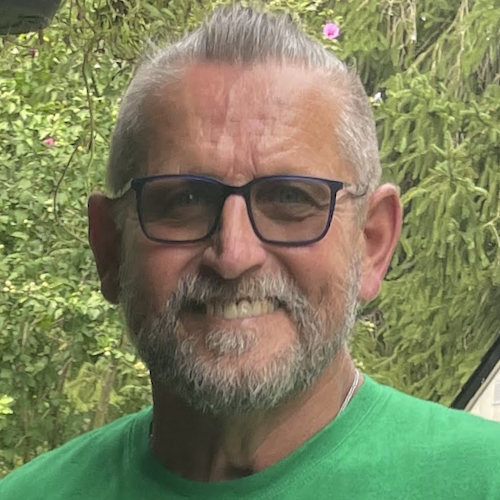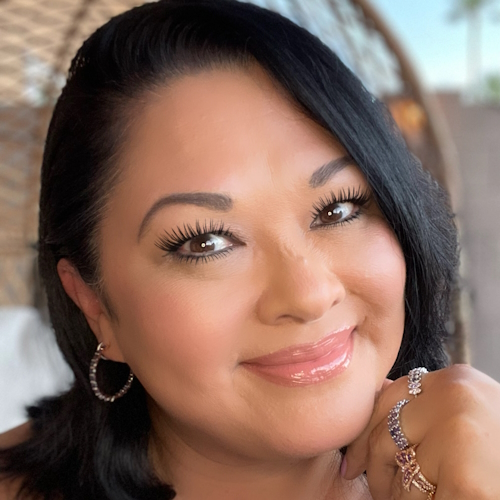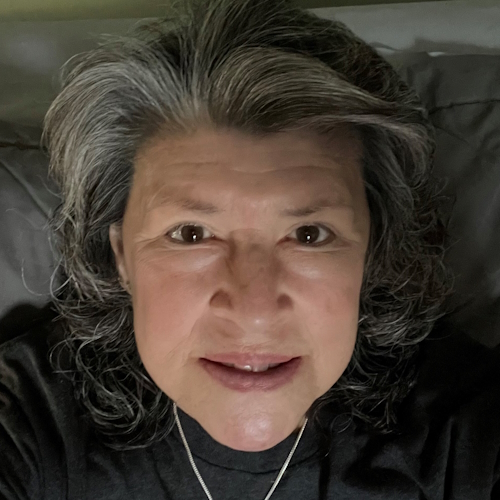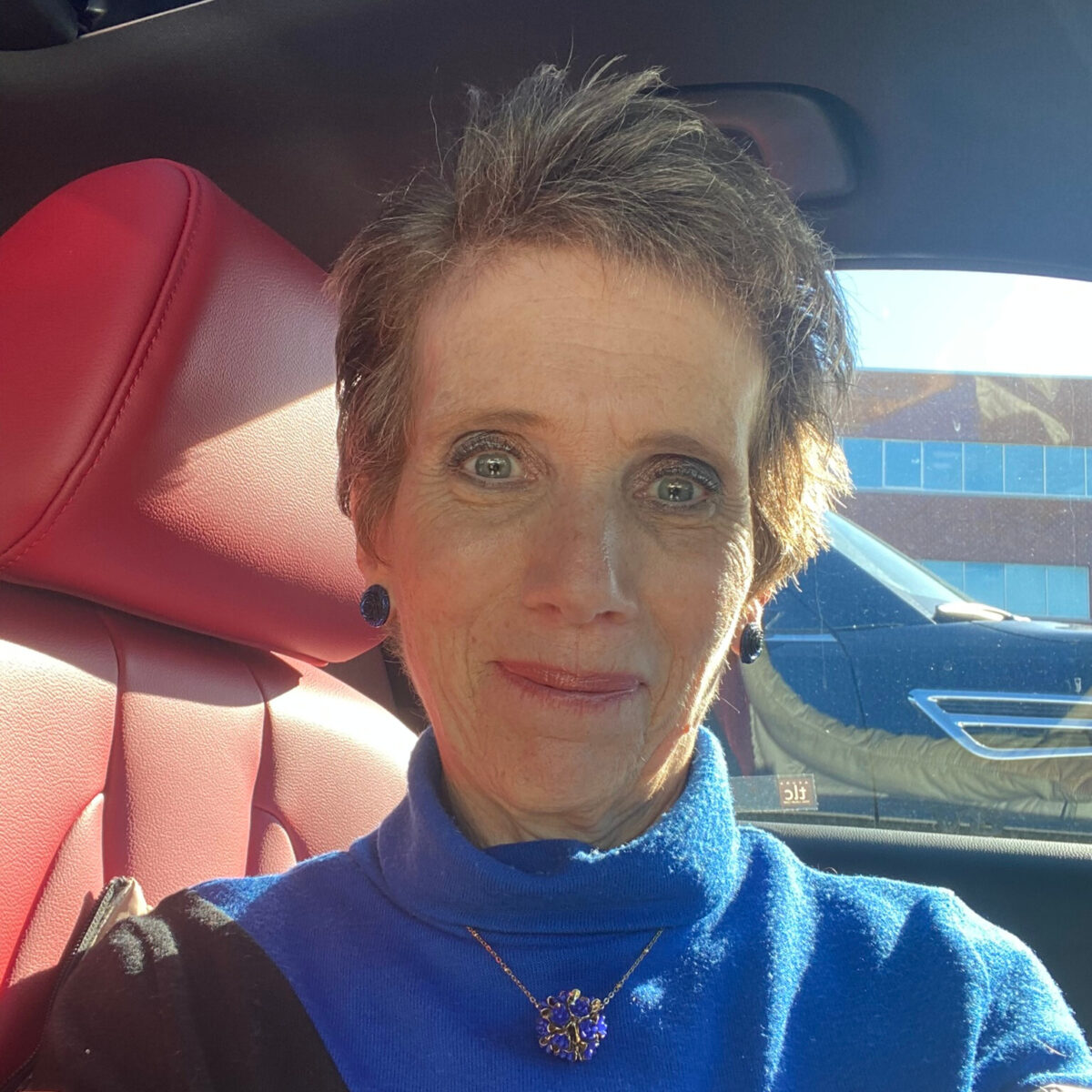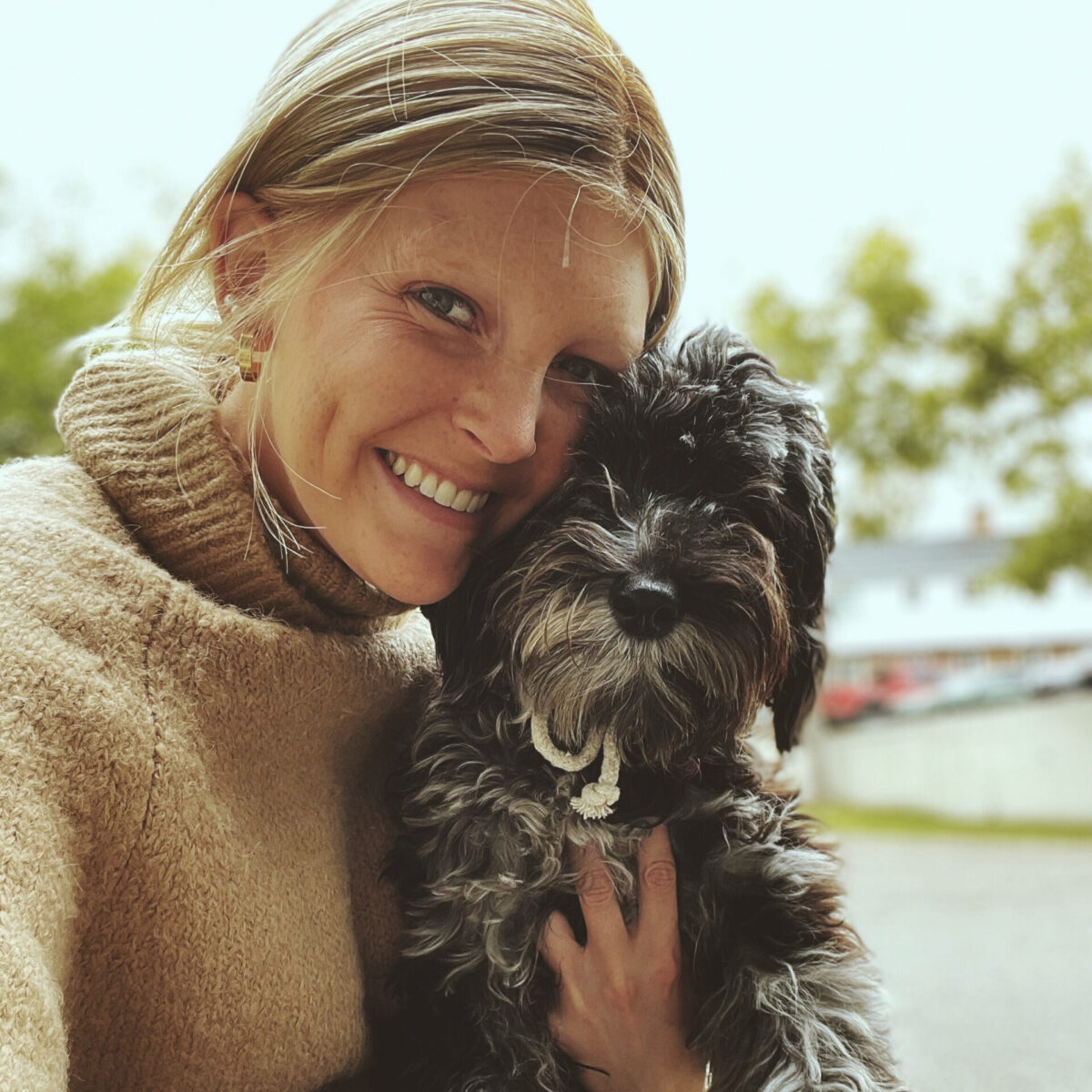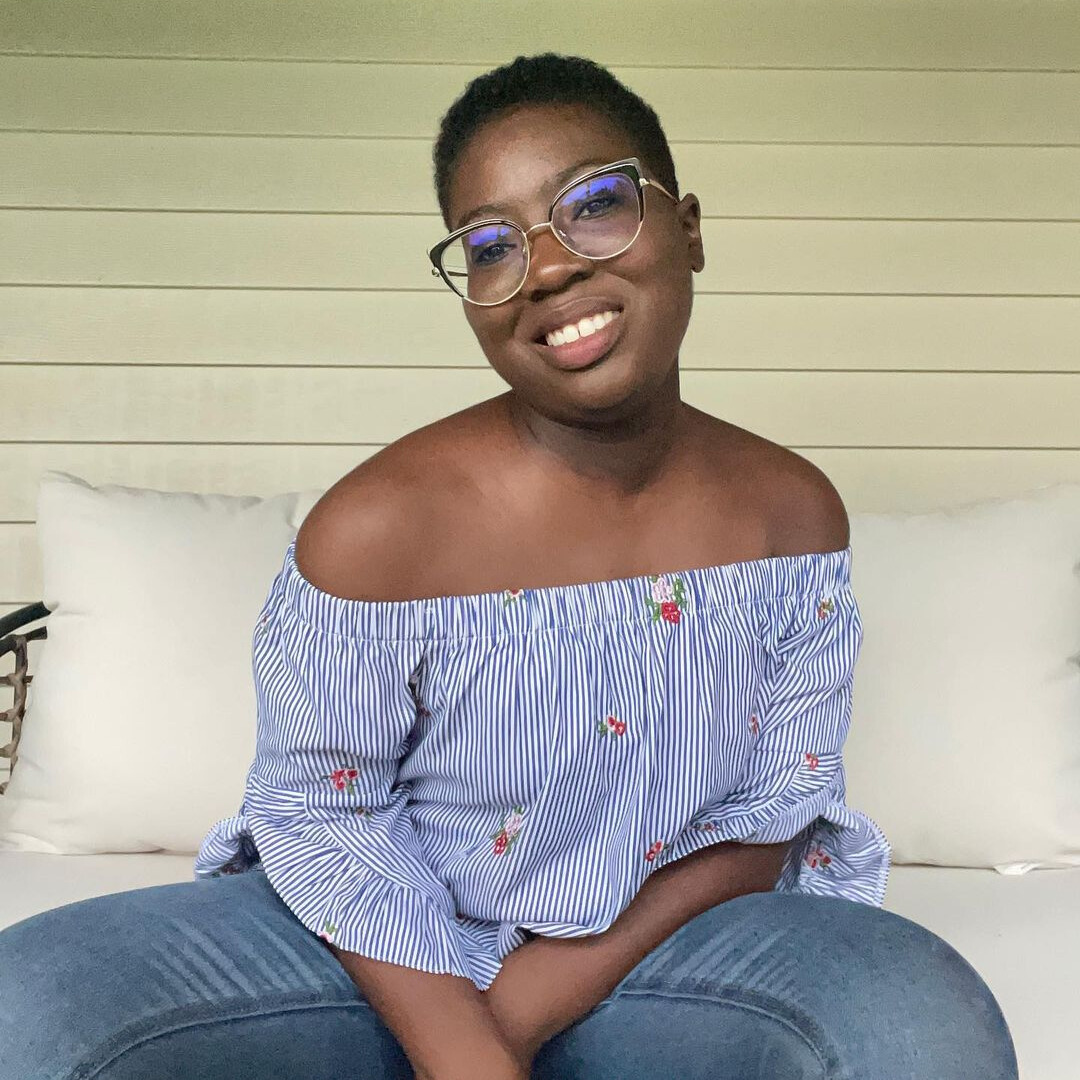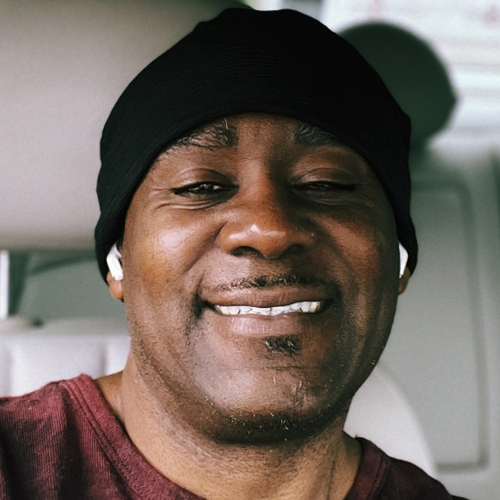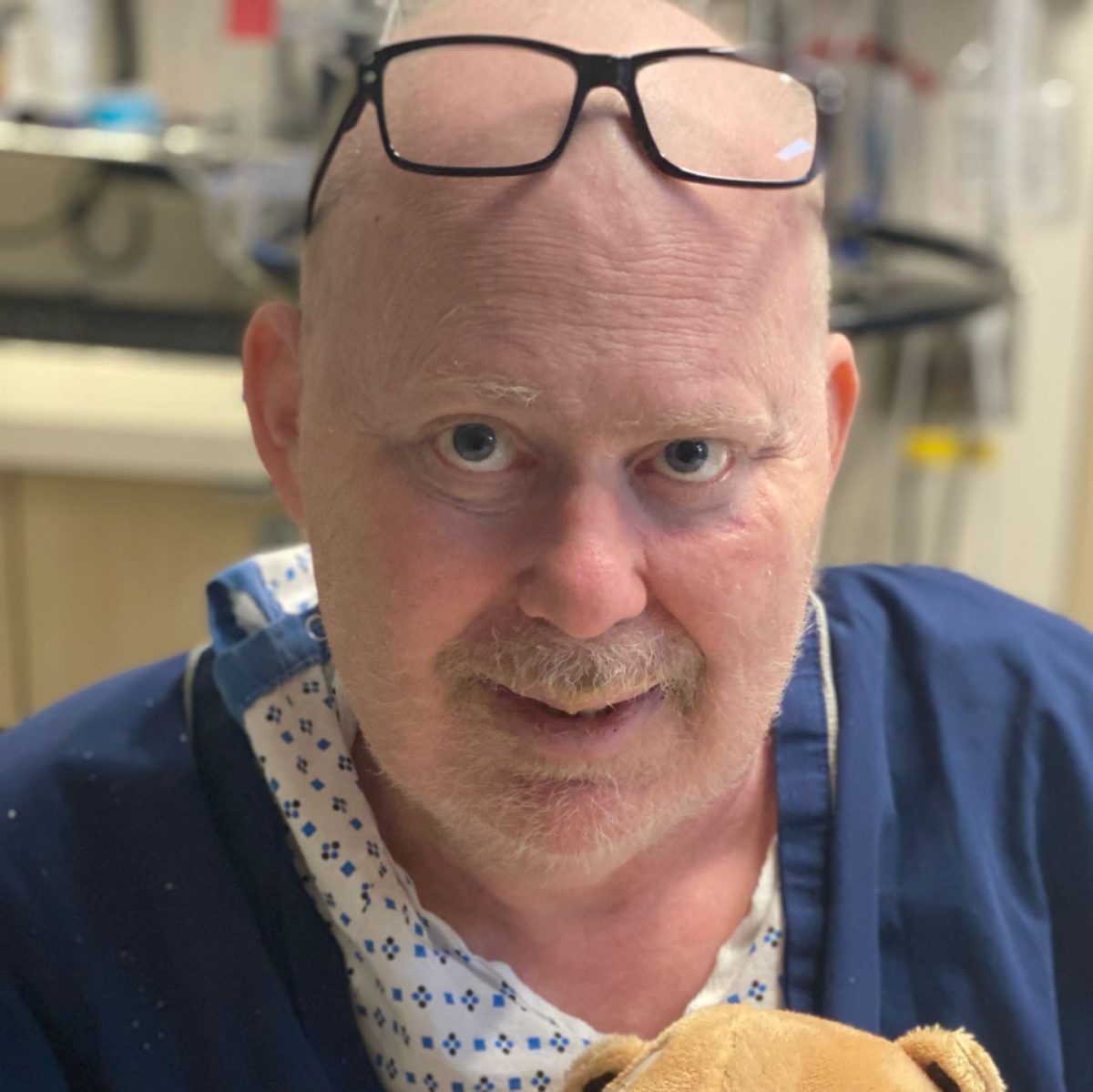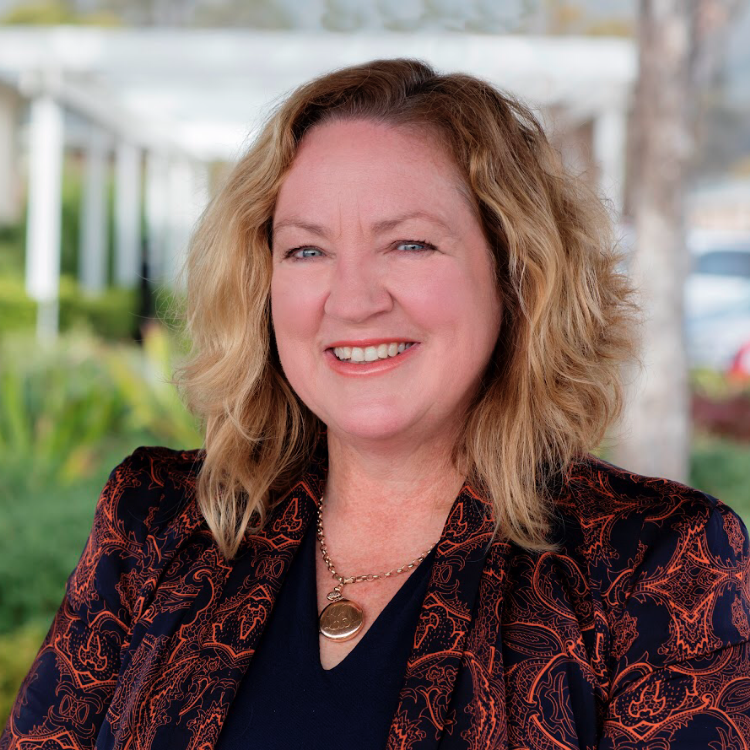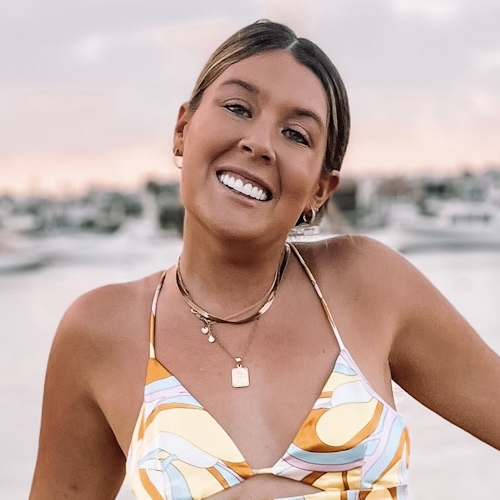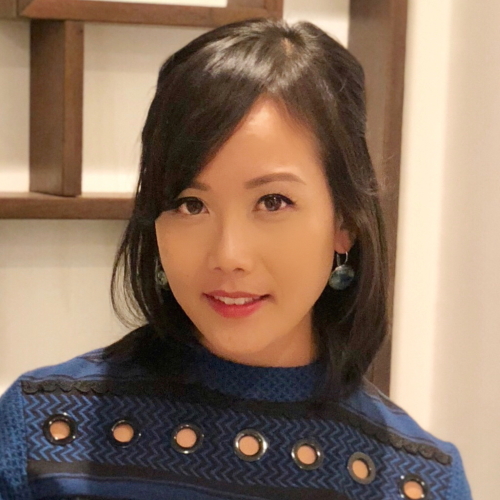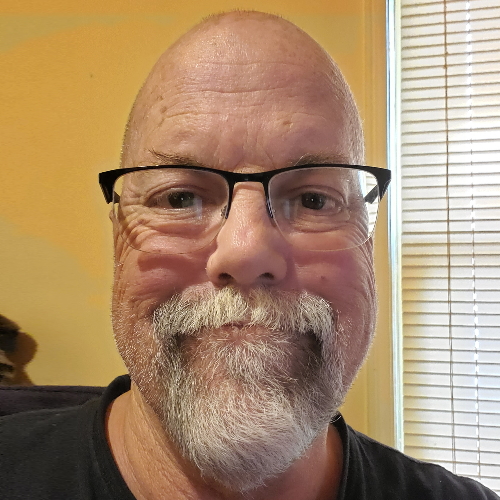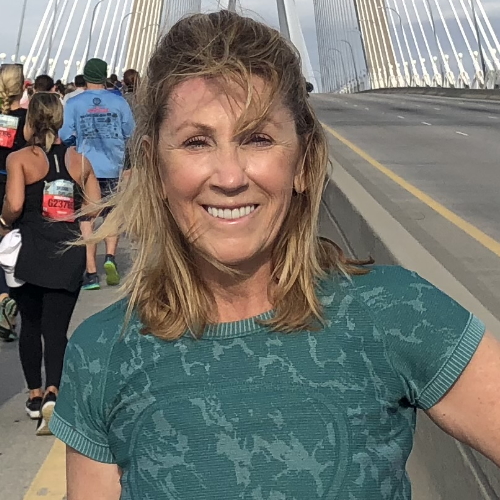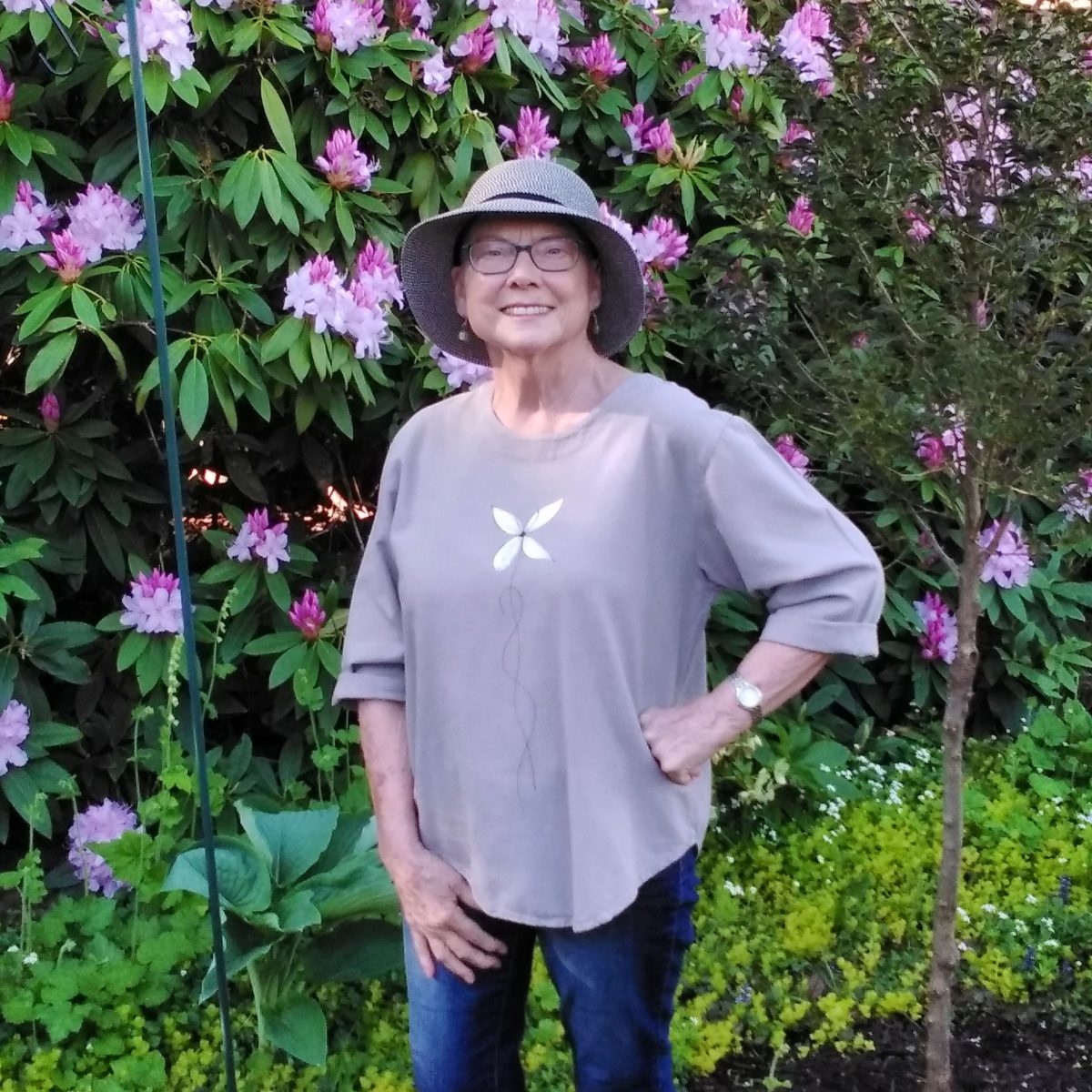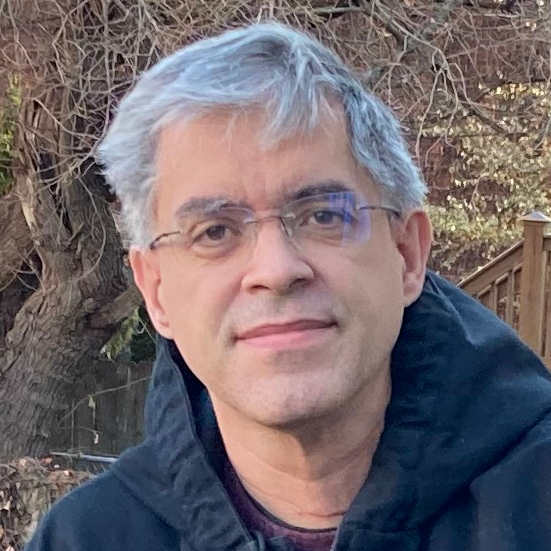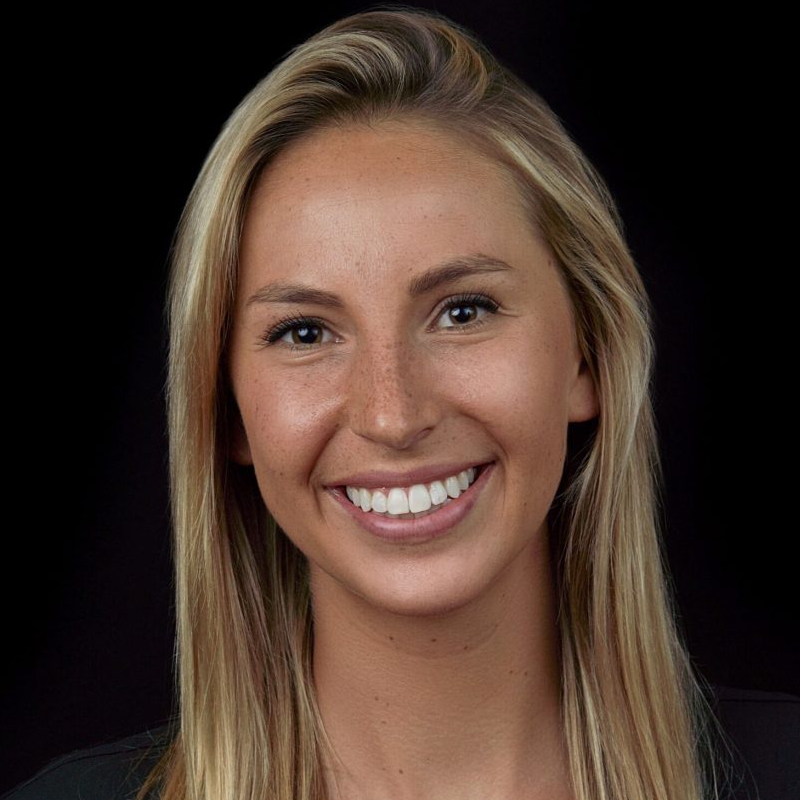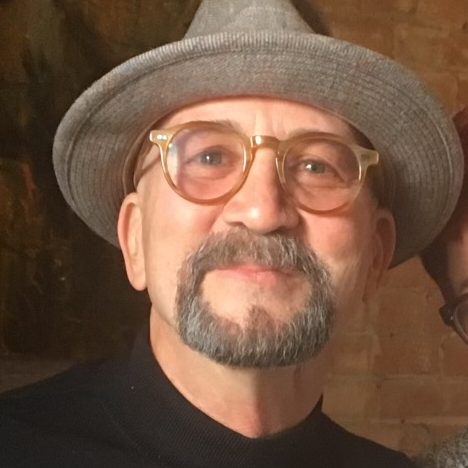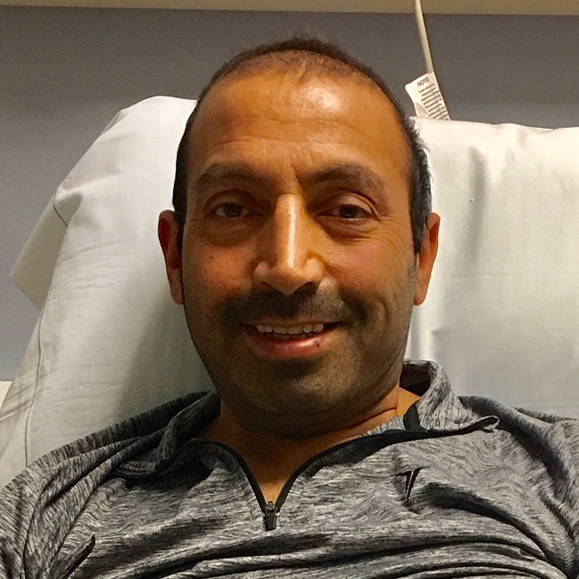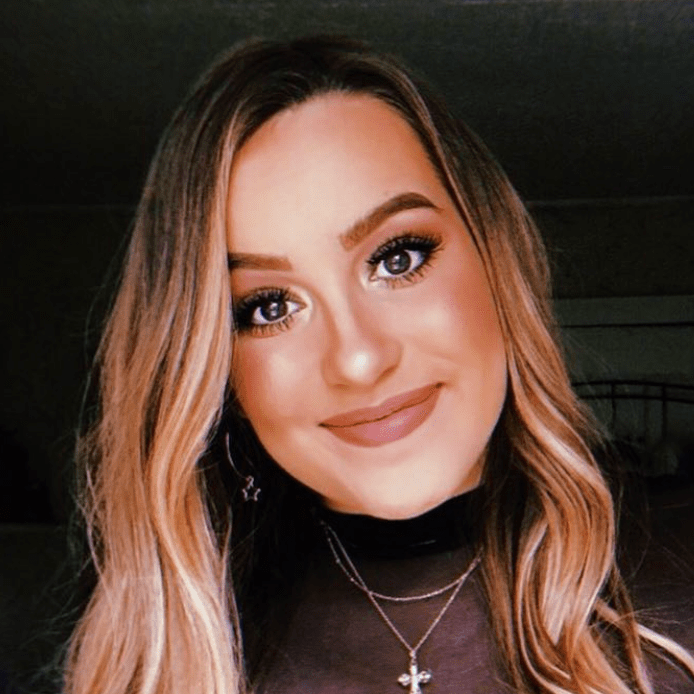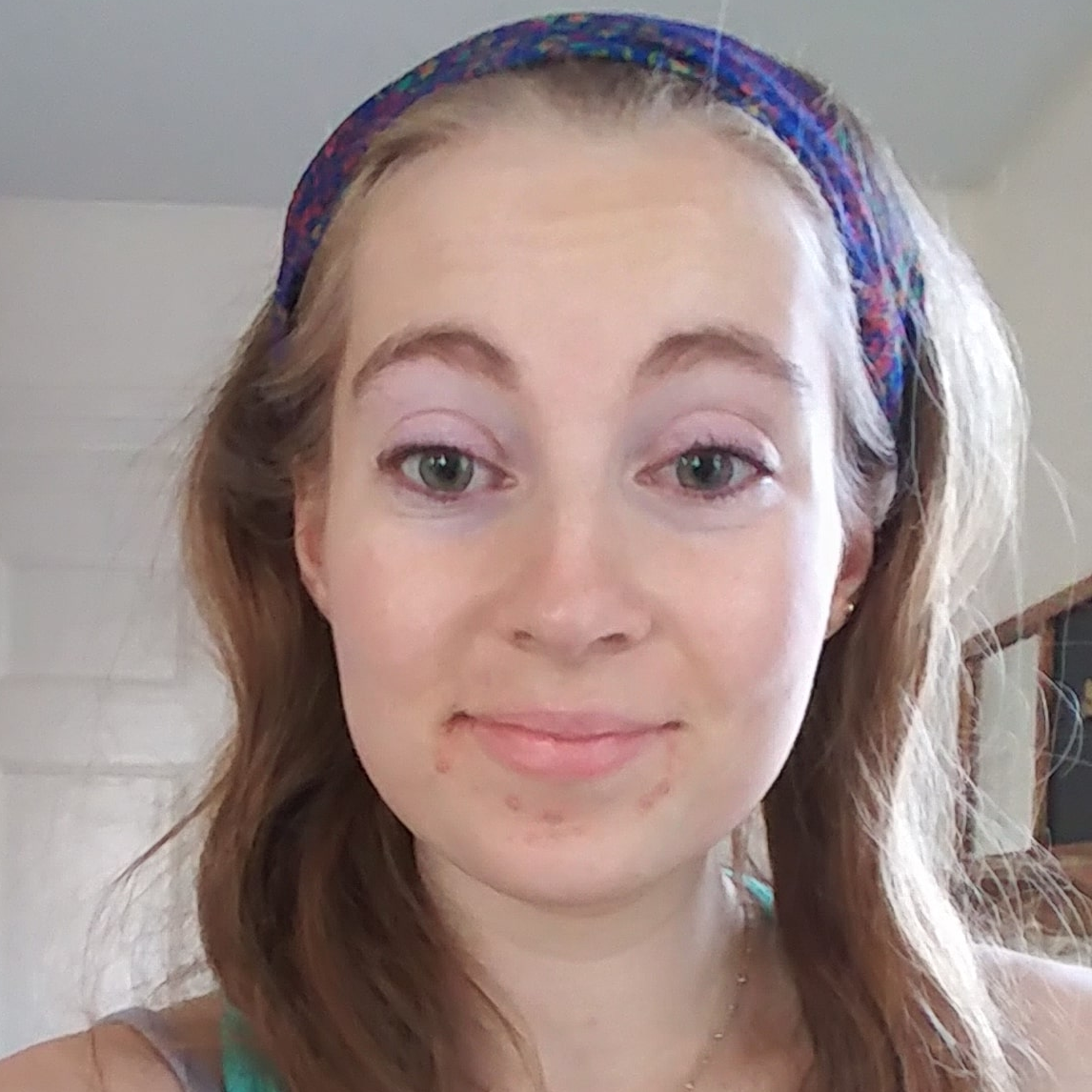Should Cancer Patients Reconsider CAR T-cell Therapy?
Explore CAR T-cell therapy insights with Dr. Joshua Brody amid FDA investigation.
The headlines about the recent FDA investigation into CAR T-cell therapy have raised questions about the cancer treatment for many patients.
To provide some answers, we sat down with Dr. Joshua Brody, Director of the Lymphoma Immunotherapy Program at The Tisch Cancer Institute at Mount Sinai, at the ASH conference in San Diego 2023.
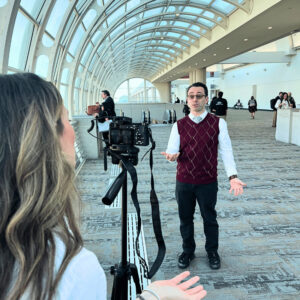
As background, the FDA is investigating T-cell malignancies associated with BCMA- or CD19-directed autologous CAR T-cell immunotherapies.
Dr. Brody addresses pertinent questions about CAR T-cell therapy. Given the ongoing evaluation of the identified risk of T-cell malignancy and the potential serious outcomes, including hospitalization and death, patients and their caregivers must stay updated.
In this Q&A with Dr. Brody, we aim to empower patients to make informed decisions. Understanding the risks and benefits, the personalized nature of the treatment, and the latest advancements in cancer immunotherapy become paramount.
What prompted the recent FDA investigation into CAR T-Cell therapy?
Dr. Joshua Brody: The FDA starting a new investigation because of some new data. And the data was that there were a total of 20 reported cases of a bad type of lymphoma called T cell lymphoma, that occurred in patients who had previously gotten CAR T-cell therapy.
Why is this investigation considered significant?
Dr. Brody: While 20 cases out of 30,000 might seem small, it’s crucial to investigate further to ensure the accuracy of these numbers and determine if there might be another 20 cases that we haven’t heard about yet.
Can you provide insights from a specific case that is being discussed at ASH?
Dr. Brody: It involved a patient with myeloma, not Dlbcl, who got CAR T-cell therapy. And in that case, it sounded very clear that the T cell lymphoma that they got months to a year after the CAR T-cell was because of the CAR T-cell therapy, not just a coincidence.
What are the known risks associated with CAR T-cell therapy?
Dr. Brody: The risks of CAR T-cell therapy we know about, are still probably of greater consequence for our patients than this super rare, but now new and therefore kind of exciting and interesting thing.
How does the risk of T cell lymphoma compare to other potential side effects?
Dr. Brody: If you have lymphoma, you’re probably going to get some therapy one type or another. And all of these therapies have some risks. So this new thing, the T cell lymphoma that developed in some number of people after the CAR T-cell therapy is still proportionally a very small risk compared to these other things.
Should patients alter their plans for CAR T-cell therapy based on this information?
Dr. Brody: So I don’t think that people should have to change their plans or pump the brakes on that plan, but they surely should have the conversation with their oncologist, their lymphoma doctor, as there are different types of monitoring that we should do afterwards just to keep an eye out for this.
Is there any identified higher-risk group for developing T-cell lymphoma?
Dr. Brody: Not that we know of yet.
Why was the occurrence of T-cell lymphoma not entirely unexpected?
Dr. Brody: This side effect was both surprising and should not actually be super surprising. Because CAR T is a type of gene therapy.
How does the risk of T-cell lymphoma compare to other therapy-induced cancers?
Dr. Brody: So it is kind of related. But just again, a pretty rare thing.
What questions should patients be asking about their treatment options?
Dr. Brody: Patients should be asking, you know, what’s right for me specifically. That answer may have been clear five years ago, CAR T-cell was, you know, the immunotherapy now, maybe bispecific antibodies by themselves or maybe bispecific antibodies in combination with some standard therapies.
Can you elaborate on the process of CAR T-cell therapy and its personalized nature?
Dr. Brody: So you sit there on the Leukapheresis machine for maybe four hours, and we get some T cells from that, some of your immune cells, and they send those T cells to one of the manufacturing labs, and they take those T cells and put this gene inside. And the gene is called a car.
CAR T-cell therapy is both immune therapy and gene therapy. We have patients give some blood. It’s a little more than the normal, you know, blood poke in an arm because we do this thing called pheresis or leukapheresis. You give some blood, we keep one part of it and then give you back all the blood so you’re not too drained afterward.
What is the significance of the personalized aspect of CAR T-cell therapy?
Dr. Brody: CAR T-cell therapy is a personalized product made for each person. And then before we re-infuse those CAR T-cells, people get some chemotherapy right beforehand. And that chemotherapy sometimes call it lymphodepleting chemotherapy.
Explore More from Medical Experts
David Miklos, MD
Date: Jan. 2021
Focus: Who benefits from CAR T, ZUMA-2 clinical trial, Stanford's CAR 22 Work
Provider: Stanford Medical
DLBCL Patient Stories
Michael E., Relapsed Diffuse Large B-cell Lymphoma (DLBCL)
Symptoms: Back & leg pain, rash, severe itching, decreased appetite, weight loss
Treatments: Chemotherapy, CAR T-cell therapy, clinical trial (no improvement from study drug), immunotherapy (epcoritamab)
Lena V., Diffuse Large B-Cell Lymphoma (DLBCL), Stage 1
Symptoms: Blood in urine
Treatment: Surgery, chemotherapy (R-CHOP), radiation
Cindy M., Diffuse Large B-Cell Lymphoma (DLBCL), Stage 4
Symptoms: Itchy skin on the palms and soles of feet; yellow skin and eyes
Treatment: Chemotherapy (R-CHOP)
Symptoms: Chest pain, back pain, bump on neck, night sweats Treatment: Chemotherapy, CAR T-Cell therapy
Tony W., Relapsed T-Cell/Histiocyte-Rich Large B-Cell Lymphoma (T/HRBCL)
Symptoms: A lot of effort needed cycling, body wasn’t responding the same; leg swelling
Treatment: R-CHOP chemotherapy, CAR T-cell therapy
Jonathan S., Diffuse Large B-Cell Lymphoma (DLBCL), Stage 4
Symptoms: Severe shoulder pain
Treatment: 6 rounds of R-CHOP chemotherapy, 10 rounds of methotrexate, 12 rounds of focal radiation, autologous stem cell transplant
Leanne T., Follicular Lymphoma Transformed to DLBCL, Stage 3B
Symptoms: Fatigue, persistent cough
Treatment: R-CHOP chemotherapy, 6 rounds
Paige C., Diffuse Large B-Cell Lymphoma (DLBCL), Stage 4
Symptoms: Weight loss, extreme fatigue, swollen lymph nodes in the neck
Treatment: R-EPOCH chemotherapy
Stephanie Chuang
Stephanie Chuang, founder of The Patient Story, celebrates five years of being cancer-free. She shares a very personal video diary with the top lessons she learned since the Non-Hodgkin lymphoma diagnosis.
Kris W., Diffuse Large B-Cell Lymphoma (DLBCL), Stage 4
Symptoms: Pain in the side of the abdomen
Treatment: R-CHOP chemotherapy
Robyn S., Relapsed Diffuse Large B-Cell Lymphoma (DLBCL), Stage 2E
Symptoms: Enlarged lymph nodes
Treatments: Chemotherapy: R-CHOP, R-ICE, intrathecal, BEAM; autologous stem cell transplant, head and neck radiation, CAR T-cell therapy
Barbara R., Diffuse Large B-Cell Lymphoma (DLBCL), Stage 4
Symptoms: Abdomen and gastric pain
Treatment: Chemotherapy R-CHOP, CAR T-cell therapy, study drug CYT-0851
Luis V., Diffuse Large B-Cell Lymphoma (DLBCL), Stage 4
Symptoms: Persistent cough, fatigue, unexplained weight loss
Treatment: Chemotherapy R-CHOP and methotrexate
Nina L., Diffuse Large B-Cell Lymphoma (DLBCL), Stage 4
Symptoms: Hip and lower extremities pain, night sweats
Treatment: Chemotherapy R-CHOP
Richard P., Relapsed/Refractory Follicular Lymphoma & DLBCL
Relapse Symptoms Swelling in leg, leg edema Treatment: R-CHOP chemotherapy, clinical trial (venetoclax-selinexor)
Shahzad B., Refractory Diffuse Large B-Cell Lymphoma (DLBCL), Stage 4
Symptoms: Extreme fatigue
Treatment: R&B, R-ICE, R-EPOCH, CAR T-cell therapy (cell-based gene therapy)
Erin R., DLBCL & Burkitt Lymphoma, Stage 4
Symptoms: Lower abdominal pain, blood in stool, loss of appetite
Treatment: Chemotherapy (Part A: R-CHOP, HCVAD, Part B: Methotrexate, Rituxan, Cytarabine)
Emily G., Diffuse Large B-Cell Lymphoma (DLBCL), Stage 4
Symptoms: Pain in left knee
Treatment: R-CHOP chemo (6 cycles), high-dose methotrexate chemo (3 cycles)
